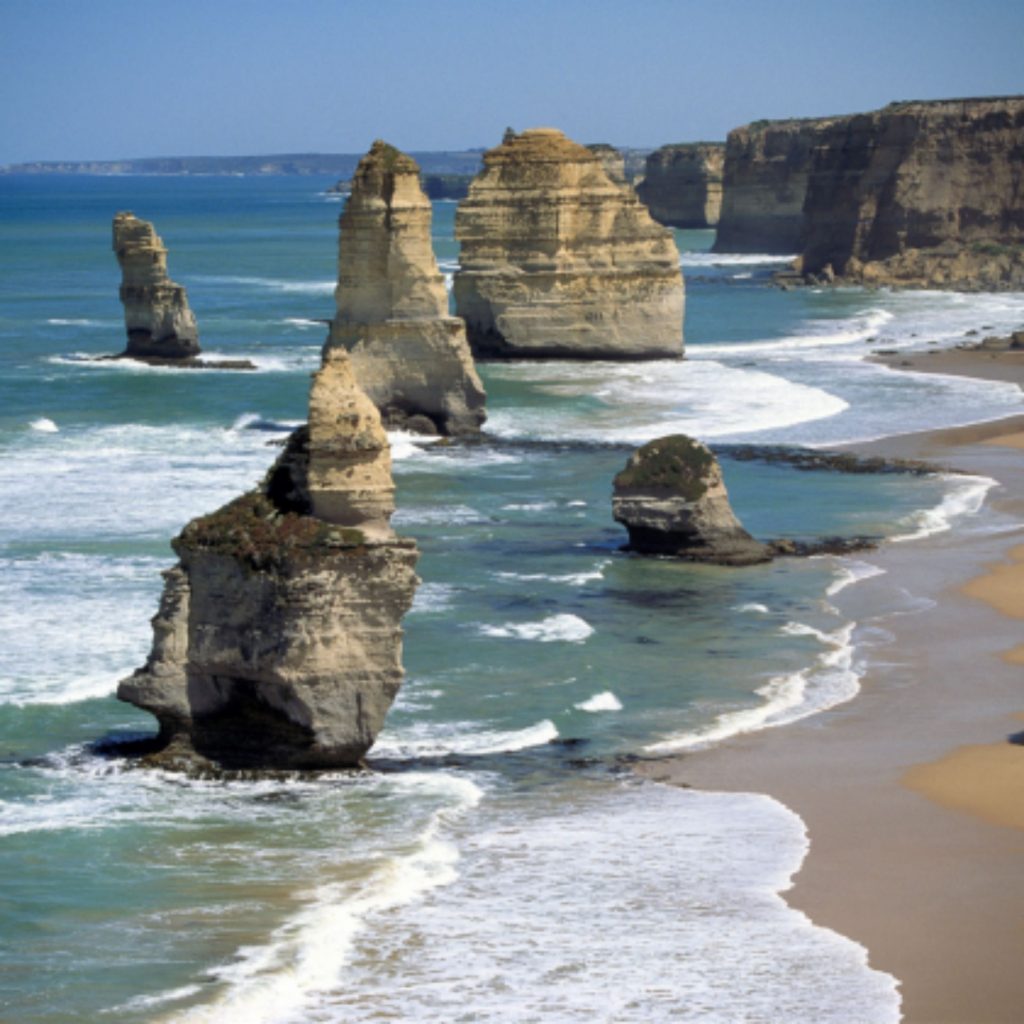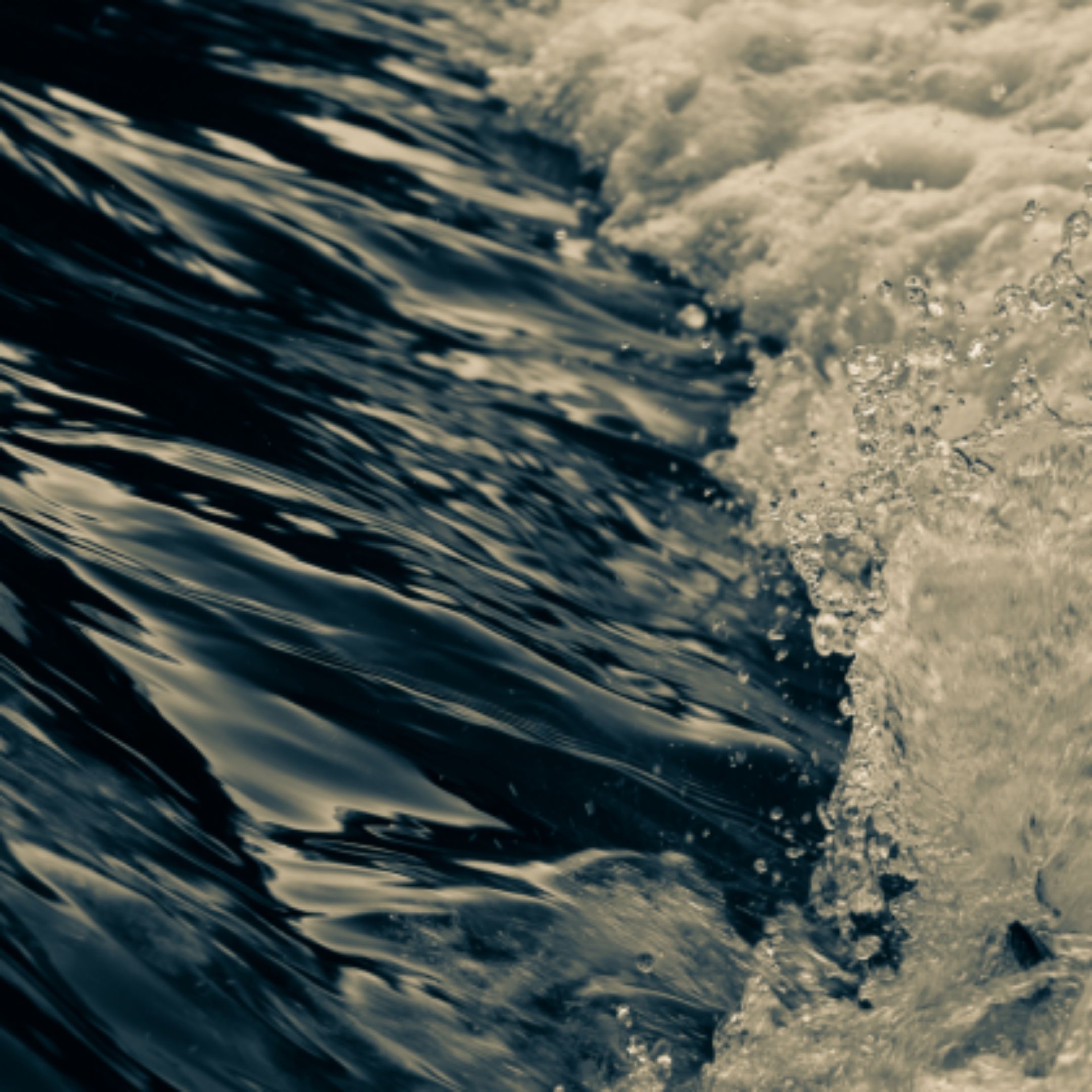The ocean is considered the heart of the Earth; the destruction of the planet’s nature, the green issue has become the headline of any media currently discussing environmental destruction. If not water, then blue is the main factor on which life depends. Anything can happen wherever there is water, but living without water is just a word. The motto of almost everyone searching for life elsewhere in the universe is to find water.
Water is relatively common, both in the solar system and beyond. For example, in volcanic eruptions, water is released as water vapor emitted by combustible compounds of hydrogen and oxygen. Moreover, comets, in particular, are composed of rocks and water. That is, from ice. It has also been suggested that Jupiter’s coldest moon, Europa, has an enormous amount of ice-like water. Water can remain liquid, even a few kilometers below the ice.

So far, research has confirmed the existence of water on Mars. Thus, the red planet of the past, or Mars, may have consisted of a blue ocean, although it is now extinct. So, in this part of the whole universe, only on Earth are we lucky enough to have naturally liquid water. Most importantly, this wonderful place in the universe is not simply made up of salty oceans. Still, for about 4 billion years, an environment created on Earth that is merely the basic rocks and water that could not be found anywhere else on Earth.
Carl Sagan once said,

Even if you look at the Earth from a distance as small as a dot, the Earth appears to be blue. But a closer look reveals that the divine blue is the strange, oxygen-rich, water-filled Earth’s atmosphere. The densest atmosphere, most relative to the Earth’s surface, gradually thins into space and the sea, about 1,000 km (620 miles) above the Earth’s surface. At the bottom, the atmosphere is connected to the ocean, which surrounds all large and small land masses (land masses) consisting of a saline medium. Seen from a spacecraft orbiting the Earth, it is 331,441 square kilometers (127,970 square miles) above the Earth’s surface, with an average depth of 4 km and a maximum depth of 11 km.
A large mass of blue water appears as an archipelago.
“Why should I care if the ocean dries up tomorrow?” In 1976, an Australian reporter once asked me to think for a moment about a land without an ocean. But the reality is that even the polar ice caps, lakes, streams, groundwater, and clear water in the clouds will soon disappear without the ocean, the mother water source, replenishing those water sources. At the same time, all life on Earth will disappear from the face of the Earth. Life can exist without much, but the fact is that, as astrophysicist Christopher McKay put it, “the only thing that is indisputably necessary for life is water.”

Had it not been for marine life, especially photosynthetic microbes, the Earth’s atmosphere would have contained more than 95 percent carbon dioxide. But over the past three-and-a-half billion years, microorganisms have been producing oxygen long before the formation of mosses, ferns, trees, and flowers, creating the atmosphere we enjoy today. The M process is still active at this moment. The life we know could not exist on this Earth without the immense microbes that have been around us for years and are descended from them that surround us and still support us. That is not the only reason we should be concerned that the world is blue, that the heart of the world is the ocean.
The ocean regulates climate and climate, regulates temperature, absorbs most of the carbon dioxide in the atmosphere, retains 97 percent of the Earth’s water, and covers 97 percent of the biosphere. The world’s most significant biodiversity and biodiversity are found in the distant ocean, which stretches from the surface of the sun-kissed ocean to enormous depths. In the cracks of the ocean floor, which sometimes run several kilometers more profound than the ocean floor, in the absence of sunlight, the ocean provides protection for even the most highly microbial species that thrive on chemical synthesis, if not the process of obtaining chemical energy from the surrounding minerals. The oceans control the Earth’s chemistry by continuously replenishing lakes and groundwater, returning rainwater, snow, and ice to land and sea.

Even if you have never had a chance to see or touch the ocean, the ocean feels you with every breath you take, every drop of water you drink, every pound of food you consume. Everywhere, everyone is inextricably linked with the ocean, and the lives of all of us depend entirely on the existence of the sea.
Could you go and check my other article also?










